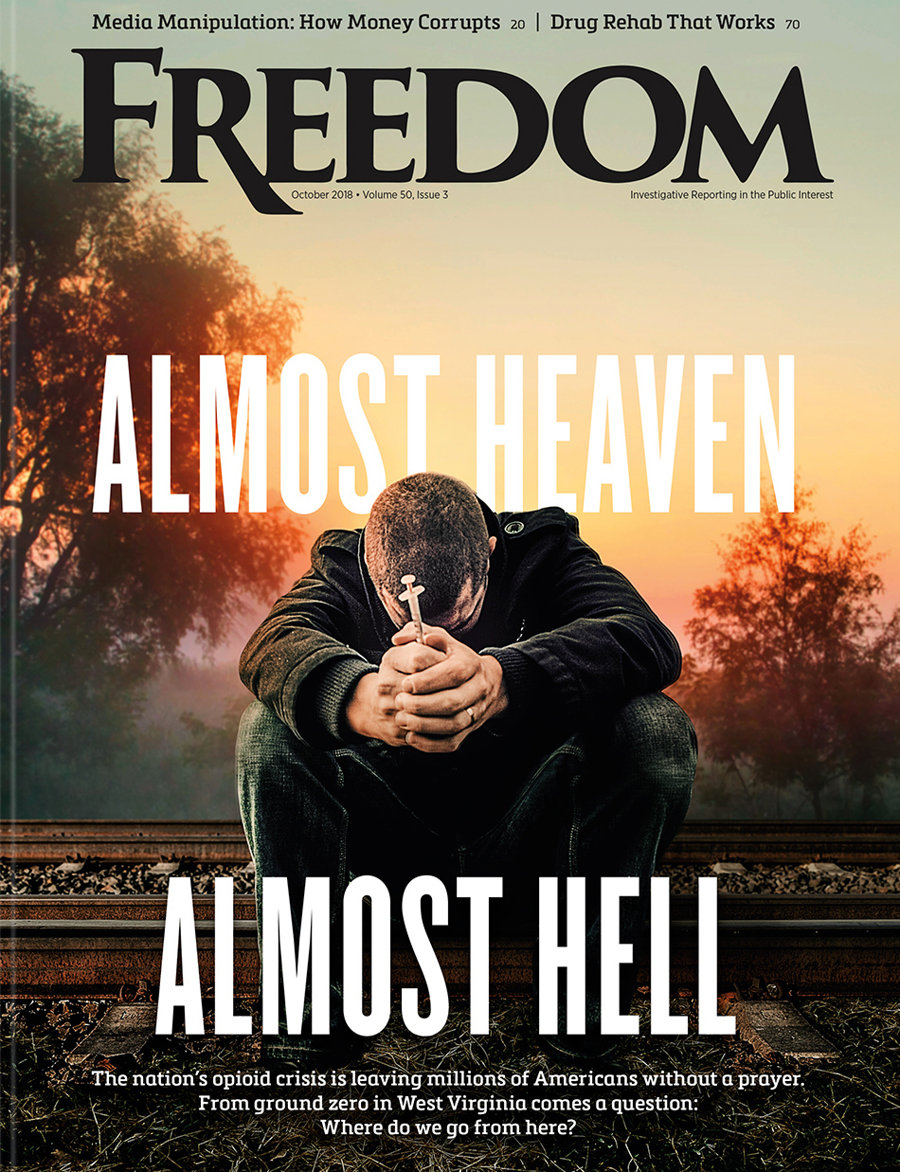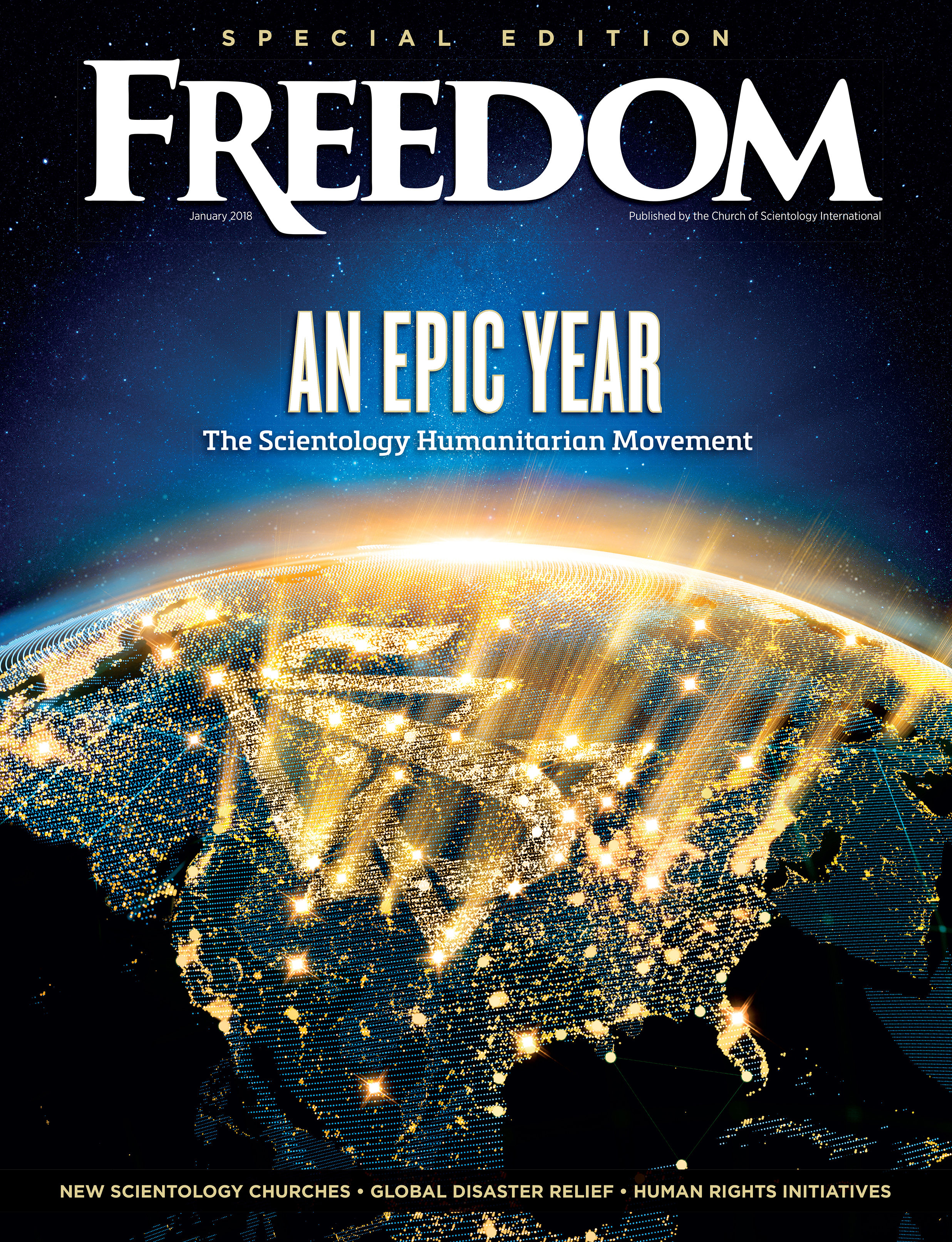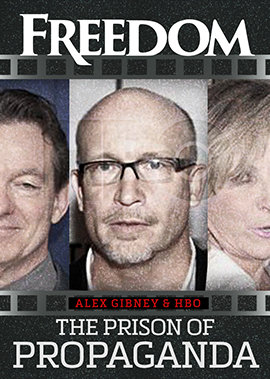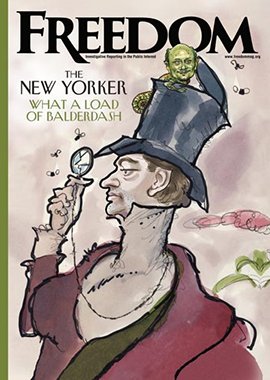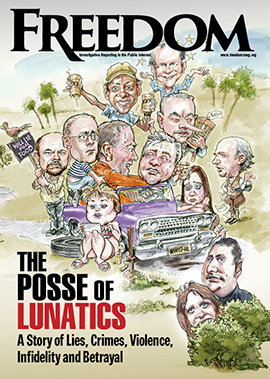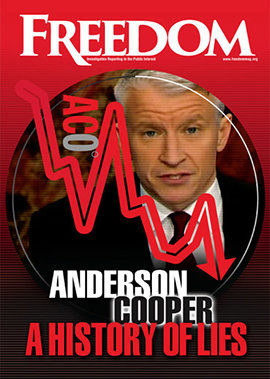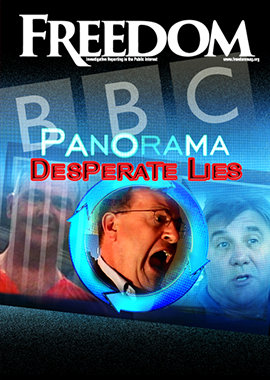In 2006, the veteran suicide rate was approximately 25 per 100,000. By 2020, the rate had risen to 32. That’s 57 percent greater than the suicide rate of the general population.
“The VHA says that suicide prevention is their top priority, yet they are failing miserably and have been for years,” said Kim Brumfield, the mother of Connor Brumfield, who committed suicide in 2023 while under VA psychiatric care. “It’s long past time to make changes to the way the [Veterans Health Administration] evaluates and cares for the mental health of veterans.”
“Psychiatric care might, at least in part, cause suicide.”
The way the VA “cares for” patients is a system carefully designed to lead them into the clutches of the VA’s psychiatric branch and, from there, into dependence on crippling psychotropic drugs known to trigger suicide.
A 2015 Government Accountability Office report revealed that a shocking 94 percent of all veterans deemed “depressed” were prescribed at least one antidepressant.
These infamous drugs—like Celexa, Prozac, Lexapro, Luvox, Paxil and Zoloft—serve up suicidal thoughts or behavior as one of their built in “side effects.”
In fact, psychiatric treatment itself is recognized as one of the most common causes of suicide.
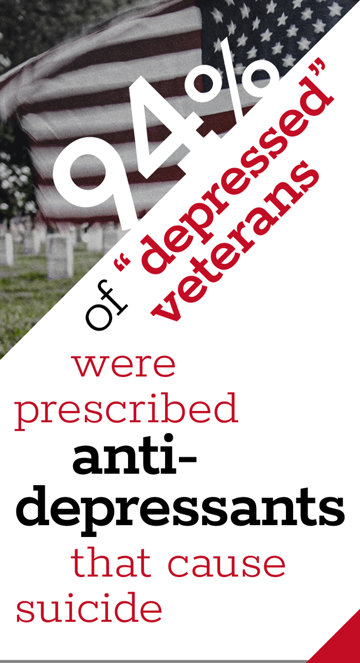
In a 2019 report by Mad in America, researchers found that the highest rates of suicide among veterans were those who had been diagnosed and given psychiatric “treatment.” Those individuals had suicide rates of approximately 70 out of 100,000, while other patients all had suicide rates below 50.
“Indeed, a close review of VA data provides reason to conclude that the rise in suicide is being driven, at least in part, by the VA’s suicide prevention efforts,” the report states. “Its screening protocols have ushered an ever greater number of veterans into psychiatric care, where treatment with antidepressants and other psychiatric drugs is regularly prescribed. Suicide rates have increased in lockstep with the increased exposure among veterans to such medications.”
Three reports from the UK, Denmark and Australia concluded that, in civilian populations, increased “access to psychiatric services and psychiatric drugs was associated with an increase in national suicide rates.... Psychiatric care might, at least in part, cause suicide.”
Since 2006, when the VA’s “anti-suicide” program began, over 70,000 veterans have committed suicide. If veteran suicide rates had merely remained stable since that time, there would have been 10,000 to 15,000 fewer suicide deaths.
“That is a number greater than the total of all combat deaths since 9/11,” writes Mad in America founder Robert Whitaker.
It’s yet another in a sea of conflicts of interest.
Seven years ago, the VA joined up with Johnson & Johnson to promote its “No Veteran Left Behind” campaign, urging veterans to reach out to the VA to deal with any “mental health services” they may require.
That “partnership” has been very profitable for Johnson & Johnson—the more veterans with a “mental health diagnosis,” the more drug sales for Johnson & Johnson.
One of the Big Pharma company’s products is Spravato, a nasal spray antidepressant containing the mind-bending drug esketamine, a ketamine derivative. Spravato is known to cause both suicidal ideations and addiction. In fact its own website states the drug “may lead to physical and psychological dependence” and comes with “increased risk of suicidal thoughts and actions.”
In 2019, the VA put out a glowing press release announcing it would now be offering veterans Spravato. “VA health care providers will monitor veterans for serious adverse outcomes, such as sedation and difficulty with attention, judgment and thinking (dissociation), abuse and misuse, worsening of depression and suicidal thoughts and behaviors,” the release read.
In other words, “we’ll give our veterans a drug we know causes suicide and keep a close eye on them to see if they kill themselves.”
In 2023, the VA received $40 million to compare Spravato to another drug to determine which was more effective in “treating” depression in veterans.
No results or conclusions have been published yet.
Meanwhile, America’s defenders and heroes continue to be used as guinea pigs—lab rats—and a huge market by the VA and their buddies in Big Pharma.
Pfizer even participated in developing the Patient Health Questionnaire-9, a “diagnostic tool” used extensively by the VA that asks patients to say they suffer from depression.
Pfizer, of course, manufactures Zoloft and Effexor XR—the suicide-inducing antidepressants veterans can then be prescribed after filling out the questionnaire. It’s yet another in a sea of conflicts of interest.
Should pharmaceutical companies that manufacturer and sell drugs known to cause suicide be allowed to partner with the VA for “suicide prevention”?
Right. We don’t think so either.






